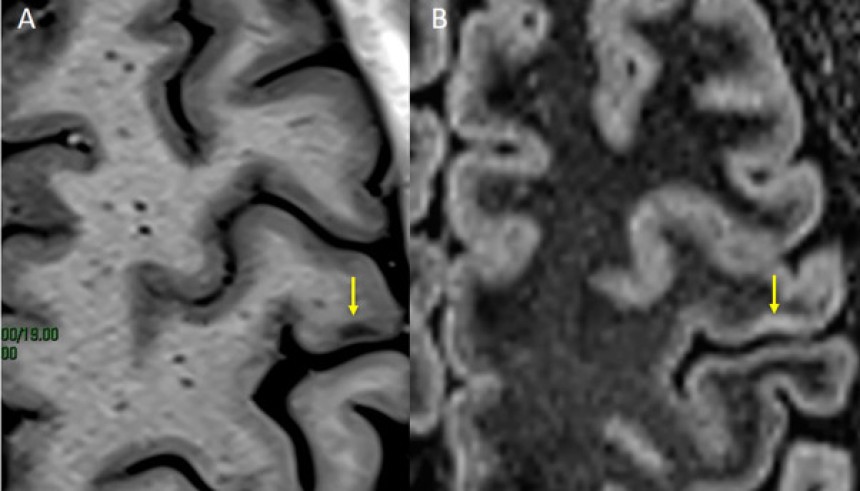
Wernicke-Korsakoff Syndrome
This article discusses Wernicke-Korsakoff syndrome, a complication of thiamine (vitamin B1) deficiency. It describes the distinct manifestations of Wernicke encephalopathy (WE) and Korsakoff syndrome (KS), including their clinical features, risk factors, and treatment approaches. The article emphasizes the urgency of treating WE to prevent death and neurological morbidity and acknowledges the challenges in the diagnosis and treatment of these conditions.
Clinical Features of Wernicke-Korsakoff Syndrome
Wernicke-Korsakoff syndrome is a known complication of thiamine deficiency. WE presents as encephalopathy, oculomotor dysfunction, and ataxia and is a neurological emergency. KS is a neuropsychiatric manifestation of WE characterized by anterograde and retrograde amnesia, apathy, and confabulation. This syndrome is most frequently seen in alcohol abusers and in conditions leading to thiamine deficiency.
Treatment Approaches for WE and KS
The diagnosis of WE is difficult to confirm. Immediate treatment with intravenous thiamine is critical, followed by magnesium correction and other vitamins. Patients with KS rarely recover fully and often require ongoing support and social care. Acetylcholinesterase inhibitors like rivastigmine and memantine have anecdotal reports of improvement in cognitive symptoms.
Prevention Strategies
Preventive measures include thiamine supplementation for patients at risk, with doses depending on their nutritional status and risk of WE.
References
- Gerridzen IJ, et al. Awareness and relationships with neuropsychiatric symptoms in Korsakoff syndrome. Int J Geriatr Psychiatry. 2019 Jun;34(6):836-845.
- Van Dongen LCM, et al. Behavioral and cognitive phenotype of KBG syndrome. Genes Brain Behav. 2019 Apr;18(4):e12553.
- Heirene R, et al. Neuropsychological tools in the assessment of alcohol-related cognitive impairment. Front Psychol. 2018;9:2618.
- Latt N, Dore G. Thiamine in the treatment of Wernicke encephalopathy. Intern Med J. 2014 Sep;44(9):911-5.
- Feeney GF, Connor JP. Wernicke-Korsakoff syndrome in Australia. Drug Alcohol Rev. 2008 Jul;27(4):388-92.
- Day E, et al. Thiamine for Wernicke-Korsakoff Syndrome in alcohol abuse. Cochrane Database Syst Rev. 2004;(1):CD004033.





